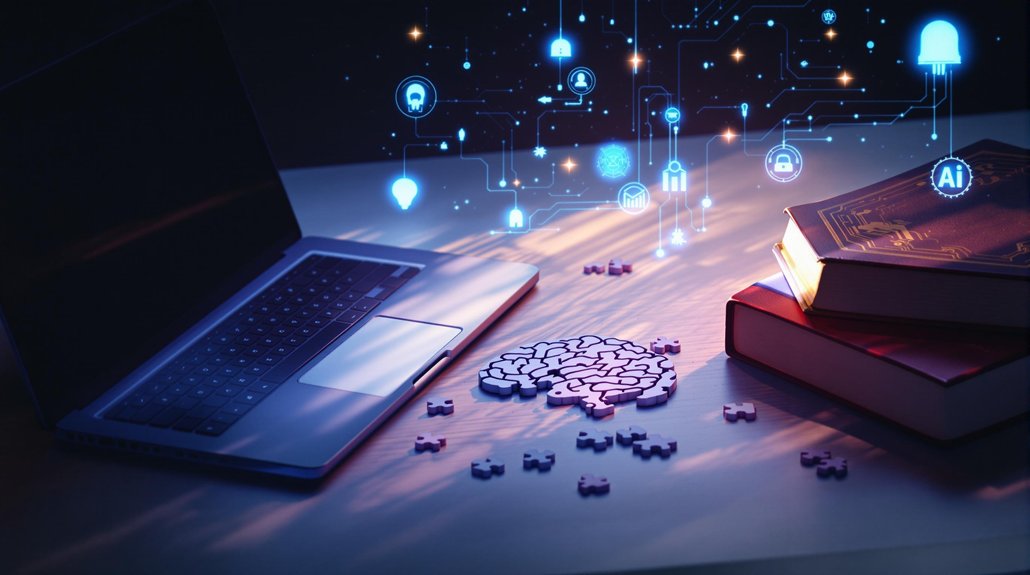Schools across the country face a growing dilemma with artificial intelligence. Teachers now use AI tools to create lesson plans and grade assignments faster. Yet these same educators worry when students turn to ChatGPT for homework help. “We can’t embrace technology in our teaching while banning it from student use,” says Principal Maria Chen of Lincoln Middle School. The question remains: how can schools prepare students for an AI-driven future while maintaining academic integrity?
While teachers across the country are turning to AI for help with planning lessons and grading papers, they’re also worried about students using the same technology to cheat. This contradiction highlights a growing tension in education as AI becomes more common in classrooms.
School leaders expect AI use to increase in education next year, with 56% planning for greater integration. Teachers find AI helpful for personalizing learning and reducing administrative tasks. These tools can analyze student data to identify who needs extra help and create customized lessons based on individual performance.
AI in education is surging, with teachers embracing its power to personalize learning while reducing paperwork burdens.
At the same time, educators worry about putting these powerful tools in students’ hands. They fear students will use AI to write essays, complete homework, or skip the thinking process altogether. There’s concern that students might become too dependent on technology and fail to develop critical thinking skills.
This creates a strange situation where teachers use the very tools they don’t want students using. As one teacher uses AI to grade papers faster, they might also ban students from using similar technology for writing assignments. Teachers worry students may misuse AI tools for plagiarism and cheating rather than for legitimate educational purposes.
The tension extends to what schools teach. Business schools prepare students for careers that AI might soon transform or replace. Recent studies show that 45% of activities performed by business analysts and middle managers could be automated by current AI systems. Students learn skills like decision-making and analysis while AI systems get better at these same tasks.
States are responding to growing interest in AI education, with 29 states launching data science and AI curriculum initiatives in just four years. However, many teachers lack proper training to guide students in responsible AI use. With 300 million jobs potentially being automated by 2030, the skills taught in today’s classrooms may need radical reconsideration.
Experts suggest teaching students to use AI ethically rather than banning it entirely. This includes discussions about data privacy, algorithm bias, and the importance of human oversight in AI systems.
As schools navigate this complex landscape, the focus is shifting toward finding balance – using AI to enhance education while teaching students to understand its limitations and use it responsibly.









